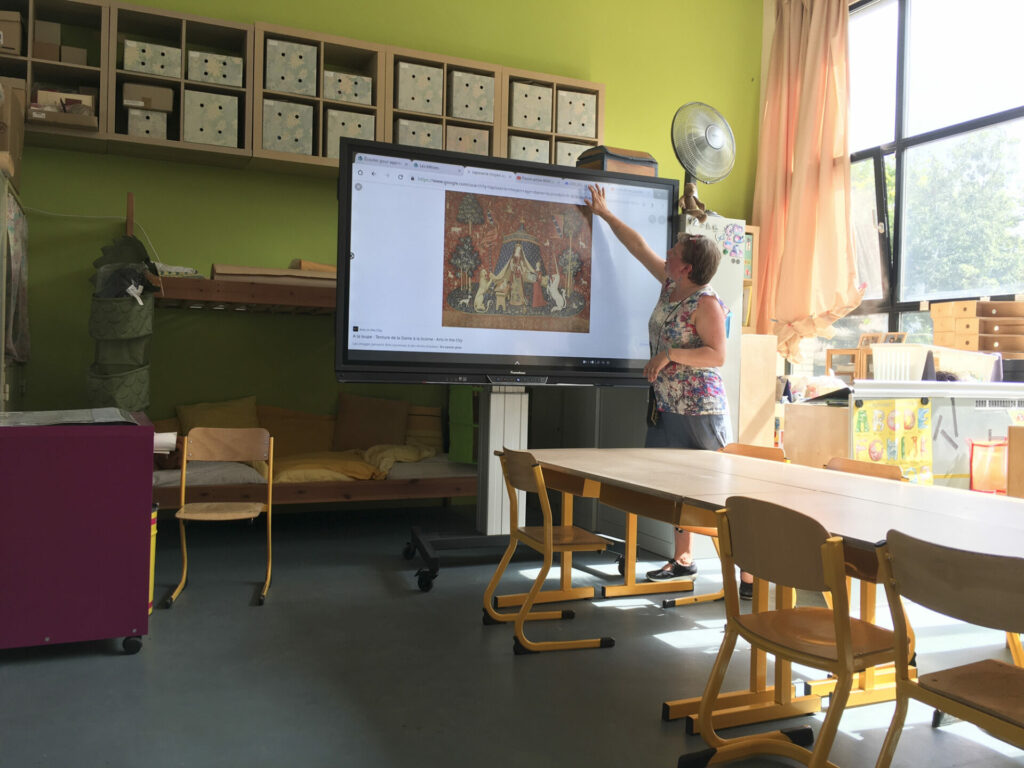There are currently thousands of vacancies in schools across Flanders as the battle to tackle teacher shortages in the region continues. The region has now announced an initiative that would allow companies to "lend" their staff as "guest teachers".
It isn't the first effort to tempt professionals from other sectors into teaching, as schools across the region struggle with chronic teacher shortages. These have been having a significant impact on pupil performance. And whilst enrolment in teacher training programmes, it will take time for schools to fill the gaps.
There are currently around 3,000 unfilled positions in Flemish schools, employment services VDAB noted. However, this figure is even greater in reality as not all schools publish their vacancies with the VDAB. To this end, Flemish Education Minister Ben Weyts on Tuesday announced new measures to tackle the shortage.
Transferable skills
Schools will be able to make use of "guest teachers" as often as needed thanks to an expansion of the regulation on 'nominating teachers'. This will, for example, make it possible for a bank manager to come and teach economics or a pianist to give music lessons.
From next school year, companies can also make employees available for education through 'service contracts'. These will seek to bring into classrooms people with a pedagogical degree but who ended up in the business world. The Flemish government will pay companies that lend staff the salary cost of a teacher, meaning that there will be no administrative burden on schools.
The proposals must still be negotiated with unions, but the possibility of more cooperation between education and the business community has been welcomed by the Flemish federation of technology companies, Agoria Flanders. Its General Director, Jolyce Demely, noted it will help promote local partnerships between schools and companies.
"Lecturers from the business world will soon be in front of the class more often. Technological know-how from business reality is brought in and teaching skills from education can be applied to business, where lifelong learning becomes more important than ever."
Related News
- Pupils in Brussels increasingly walking or cycling to school
- Belgian universities struggle to keep up with rising student numbers
The third pillar of the latest measures expands previous measures such as the seniority scheme for those who enter the profession from another sector. They will be able to get rights faster to improve their professional security and stability.
"These measures will not be sufficient by themselves but they are another step forward in tackling a problem that has been dragging on for years," said Weyts.

